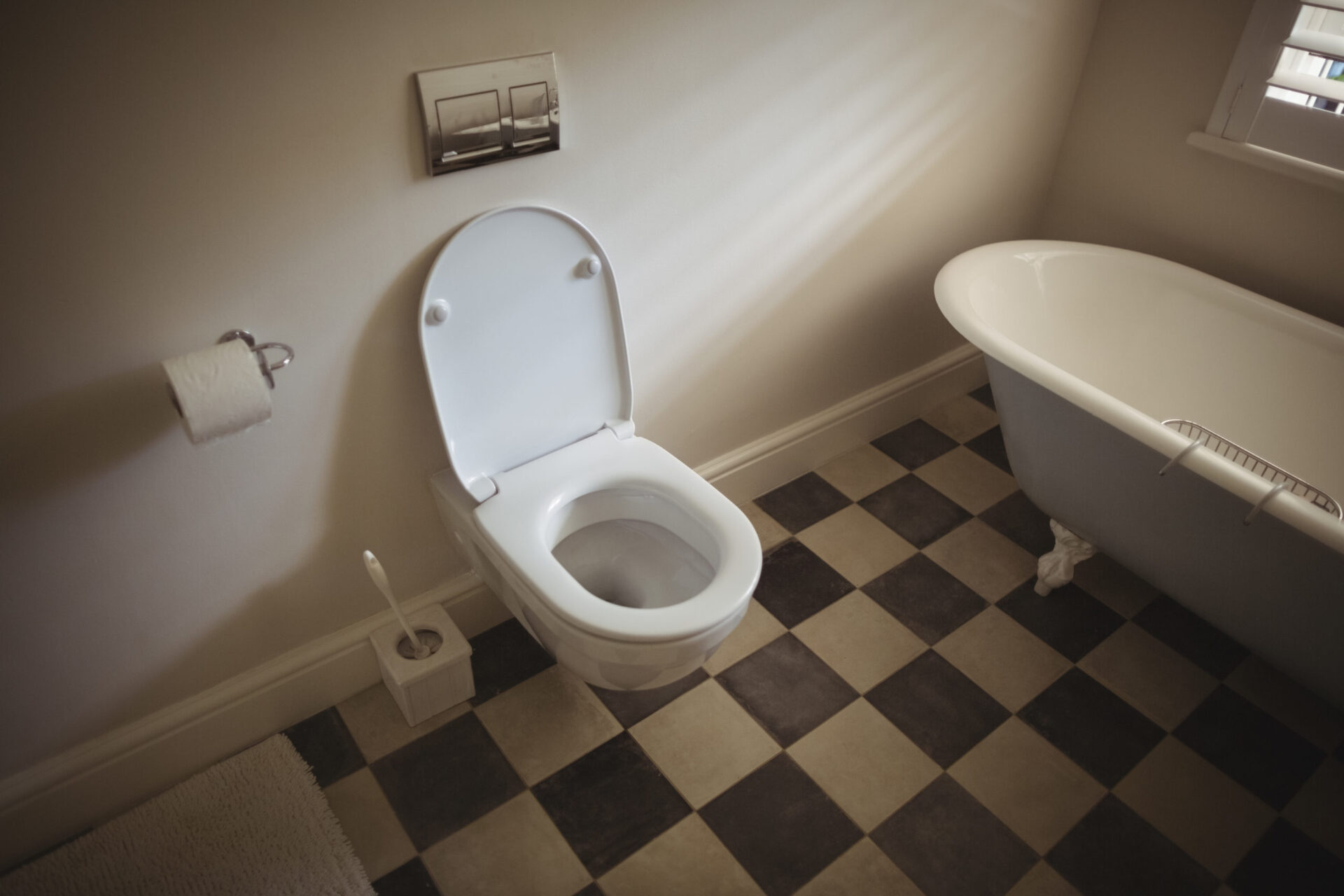The average person doesn’t think about their septic system too much. Whenever you shower, use the restroom, wash your hands, or prepare food, your septic is silently doing its job. You probably forget it exists – until there’s a problem. Then, it’s hard not to forget about it.
Leaks, flooding, and terrible odors all point to serious septic tank issues, and these systems should be repaired immediately. But before you have to call in the pros for damage control, make your septic system a little bit easier to forget about with these septic system do’s and don’ts.
The Don’ts
Let’s start in the kitchen. Avoid pouring fats, grease, and other clogging agents down your kitchen sink. Just like in your arteries, these materials will solidify and create clogs. Generally, food waste should only sparingly go into your septic system, and this should be by way of the garbage disposal. However, food waste that is not digested first is often harsh for your septic system.
Next, let’s head to the bathroom, where you’re most likely going to scrub away gunk and grime. Be mindful of the cleaning products you use in toilet bowls, sinks, and showers. Chemicals that sterilize or disinfect will do the same once they reach your septic system. These products then eat away at the “good bacteria” that is actively working to keep your septic system one that you forget about. On that same note, try to avoid de-clogging chemicals, which erode the pipes in your system. (Not sure what to use? Head to the “Do’s” section to find out!)
And finally, one of the sneakiest locations for stuff to sneak down the drain – your laundry room. Avoid washing giant loads of laundry or using excessive amounts of detergents. A large influx of water from multiple loads in the washing machine can overwhelm your septic system, while the detergents can have the same harsh chemical properties as the ones you use in your bathroom.
Above all else, never use your septic system as a trash can. Cigarettes, diapers, clothing, paper towels, cotton products, and even hand wipes can come back to haunt you as they wreak havoc on your septic.
The Do’s
So, what can go down the septic system? Ideally, the only products going into your tank is human waste, toilet paper, and water. However, a little boost never hurt. Products like BioClean – a chemical comprised of those good bacteria we talked about earlier – can be the perfect pick-me-up for your septic. This should be done on a monthly basis to give the septic system the boost it needs to break down the waste you’ve deposited without giving it too much of a good thing.
As for cleaning the rest of your home, opt for organic or biodegradable cleaners. These are just as effective at disinfecting and keep your septic system humming along. If your drain is clogged, choose to snake it out rather than dump a chemical into the drain.
The final “do” in your septic checklist is perhaps the biggest: Perform regular septic maintenance. In addition to using BioClean or similar materials, avoid parking heavy items near your drain or on your septic field, and actively drain rainwater away from it. This will keep the septic system protected from outside disasters.
Your system should also be pumped every 3-5 years. The length of time between pumps can vary by family size. During pumping, an expert will properly dispose of the waste from your system and inspect it for possible signs of damage.
Call Master Plumbing
We’ve been servicing the Treasure Valley and beyond for more than 30 years, so you could say we know our way around a septic tank. For pumping services on both commercial and residential properties, give our team a call or visit the rest of our website.

